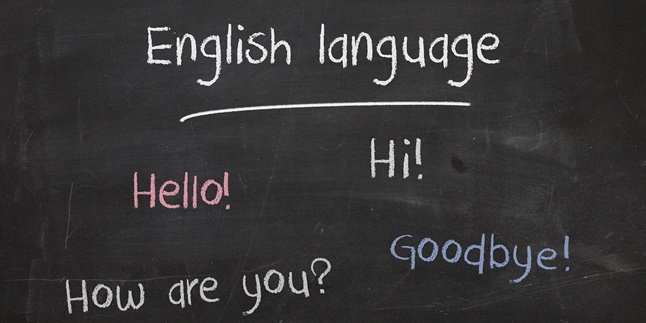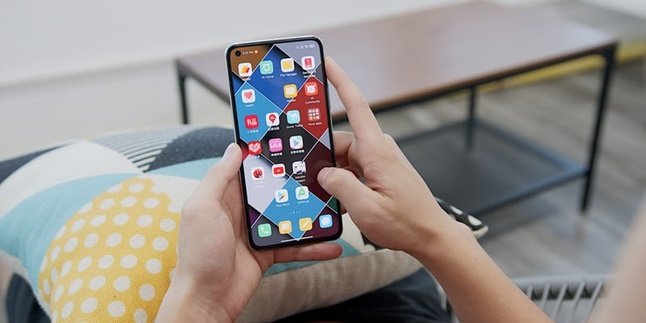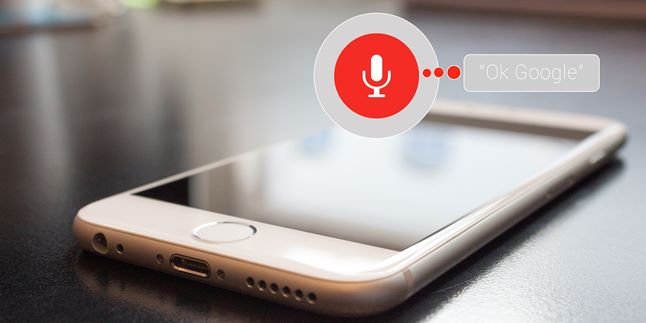Kapanlagi.com - For those of you who are learning English, understanding the meaning of you is certainly essential. 'You' can be considered as a key word in conversations. Imagine what it would be like if you were talking without using pronouns like this?
Understanding the meaning of your in everyday usage is important for you to understand. Its forms can vary, such as "you're", "Your", or "Yours". Each form of the word has its own rules of usage in a sentence.
However, you don't need to worry because the usage of this word is not too complicated. If you want to learn more, please read the information that includes an explanation of the meaning of you.
1. Meaning of You in English
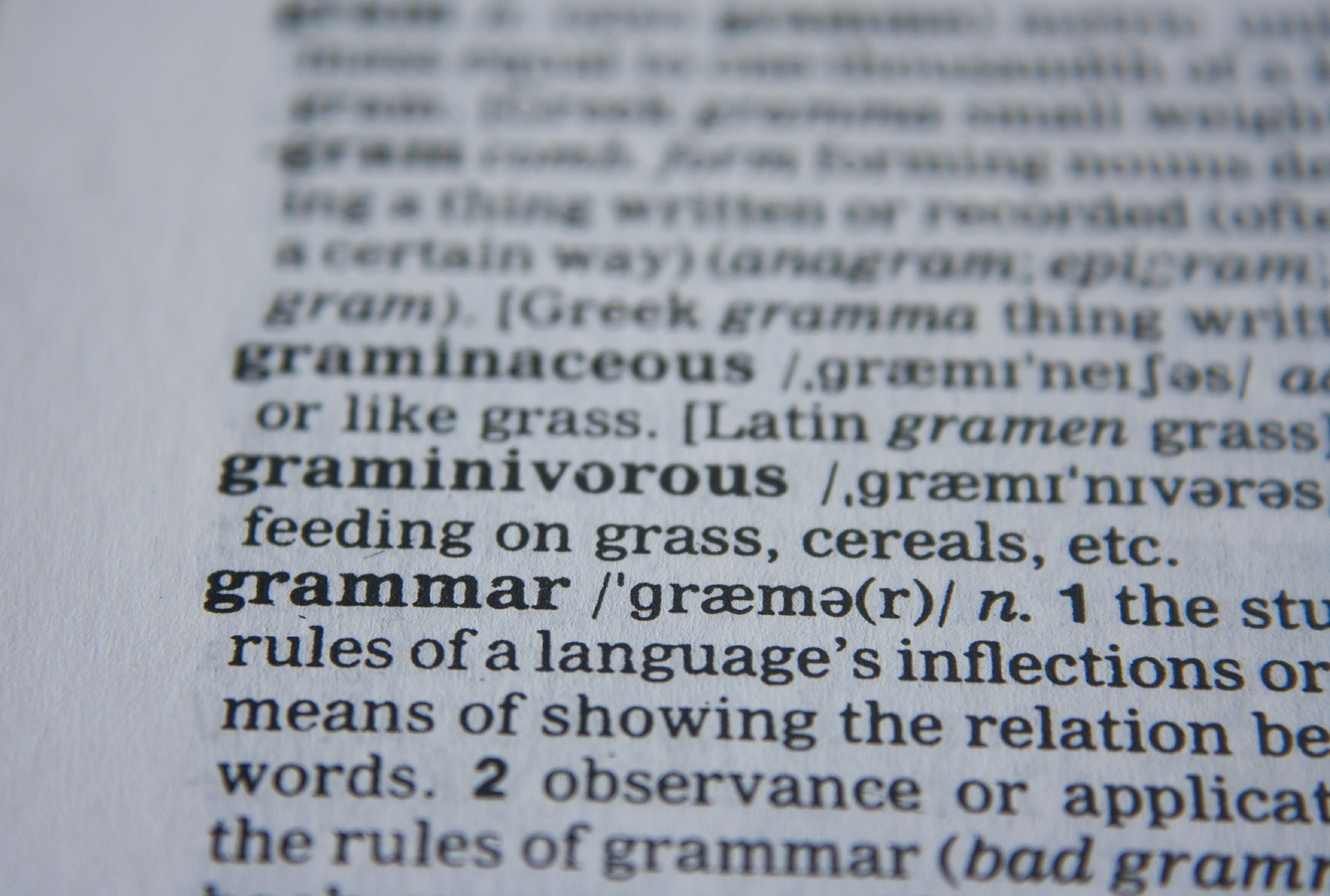
Illustration (Credit: Pixabay)
The meaning of You is 'Kamu' in Indonesian. 'You' is a pronoun or a substitute word as a subject in English. If you are learning English, of course, you should not miss the pronoun material.
Even at school, the material about pronouns is one of the earliest to be learned. Therefore, the material about pronouns, including the meaning of you, is an important thing that you need to learn.
2. Meaning of You and the Use of Your, You're, and Yours
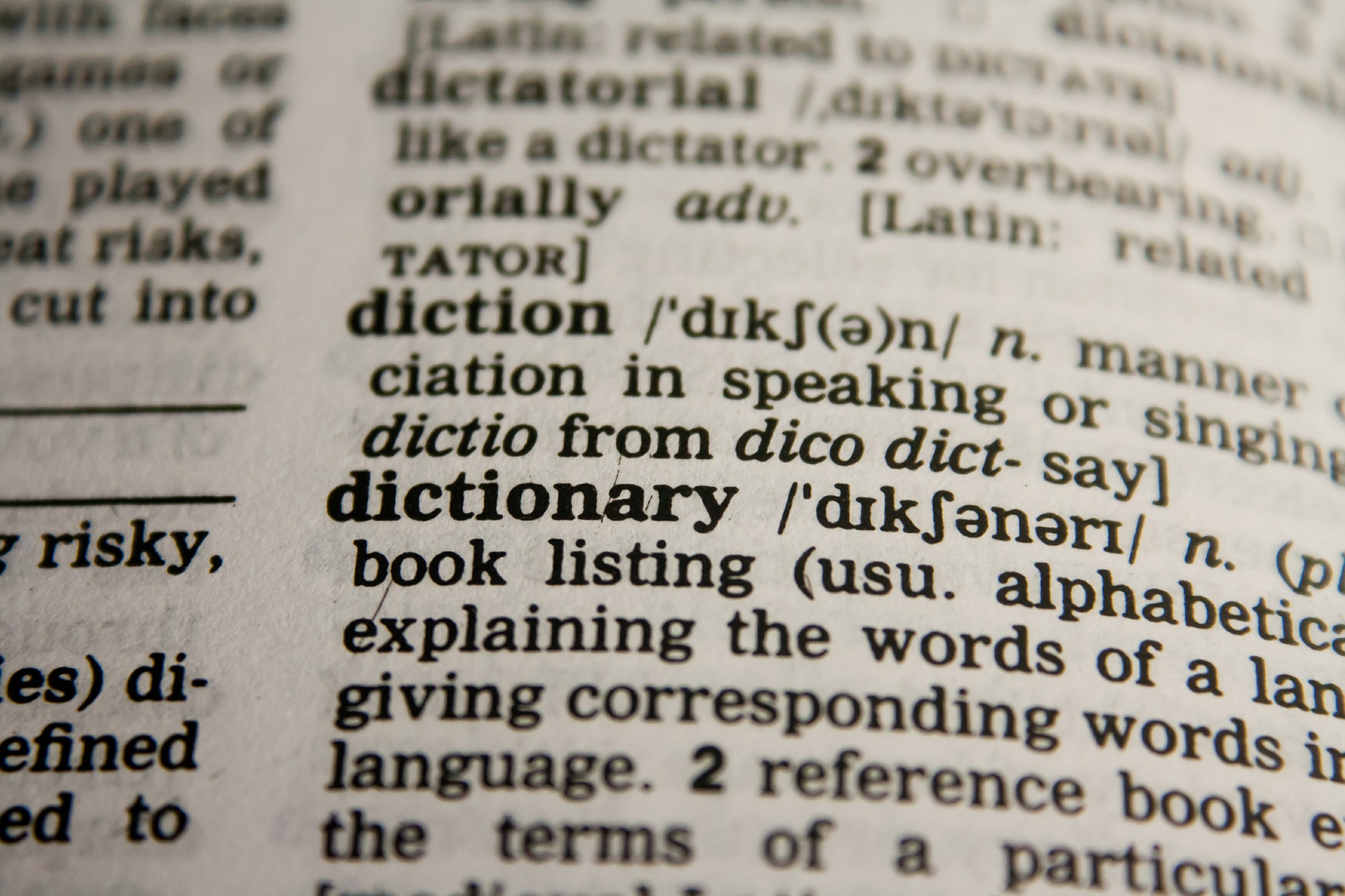
Illustration (Credit: Pixabay)
The meaning of you in Indonesian is 'kamu'. However, in practice, you will not only find one form. There are other forms, such as 'You're', 'Your', and 'Yours'. So what's the difference between these word forms?
To make it clearer, you can read the following explanation:
- The meaning of you're is actually 'kamu'. Although it seems similar, the origin of this word formation makes it different. English sentences with verbs are divided into two, namely the main verb and the auxiliary verb. Verbs like 'walk', 'read', 'work', 'eat', and so on are main verbs.
While auxiliary verbs are 'is', 'are', 'am', 'was', and 'were'. If you look at its origin, 'you're' is a combination of 'you' and 'are' as an auxiliary verb. 'You' can be used if there is a main verb in the sentence. Meanwhile, 'You're' or 'You are' should be used if there is no main verb in the sentence.
- The meaning of your is 'milikmu' (your). and its usage is always followed by another word that indicates something owned by that person.
- The meaning of yours is not much different from 'your' above. This word is used to show the possession of 'kamu' (yours). The difference is that 'yours' is not followed by a word that indicates possession because it is usually used when the context is already clearly known. In addition, this word is an object form in an English sentence.
3. Meaning of You and Everyday Usage

Illustration (Credit: freepik)
After knowing the meaning of 'you' and other forms that often appear in conversations, it will be clearer if examples of sentences are included. Please see some example sentences with the word 'you' below.
Usage of You
- You did a great job. (Kamu melakukan pekerjaan yang luar biasa.)
- Can you see me? (Dapatkah kamu melihatku?)
- Can you help me? (Bisakah kamu menolongku.)
- You are my hero. (Kamu adalah pahlawanku.)
- Are you okay? (Kamu baik-baik saja?)
Usage of You're
- You're my hero. - You are my hero. (Kamu adalah pahlawanku.)
- You're the inspiration of my life (kamu adalah inspirasi hidupku.)
- You're beautiful. - You are beautiful. (Kamu cantik.)
- You're still childish (Kamu masih anak-anak.)
- You're a good girl. - You are a good girl. (Kamu gadis yang baik.)
- You're not hungry but badmood (kamu tidak lapar tapi kondisi mood yang buruk.)
- You're not my friend - You are not my friend. (Kamu bukan temanku.)
Usage of Your
- Your job is very great (Pekerjaan mu sangat keren.)
- This is your car. (Ini adalah mobilmu.)
- Your face is very beautiful (Wajahmu sangatlah cantik.)
- I see your father there. (Aku melihat ayahmu di sana.)
- Where is your mother? (Di mana ibumu?)
- Your friend helped me yesterday. (Temanmu membantuku kemarin.)
- Your home is mine right now. (Rumahmu jadi milikku sekarang.)
- I only want your money. (Aku cuma pengen uangmu.)
Usage of Yours
- My legs aren't as long as yours. (Kakiku tidak sepanjang kakimu.)
- This new car is yours (Mobil baru ini adalah milikmu.)
- Could I look at yours? (Nisakah aku lihat punyamu?)
- That house is yours (Rumah itu adalah milikmu.)
- Yours is the room on the top floor. (Milikmu kamar di lantai paling atas.)
- This book is yours. (Buku ini milikmu.)
- Mine's bigger than yours. (Milikku lebih besar daripada milikmu.)
- I am yours forever. (Aku milikmu selamanya.)
Well, KLovers, that's an explanation of the meaning of 'you' along with examples of everyday usage that can make it easier for you to learn.
(kpl/gen/ans)
Disclaimer: This translation from Bahasa Indonesia to English has been generated by Artificial Intelligence.
